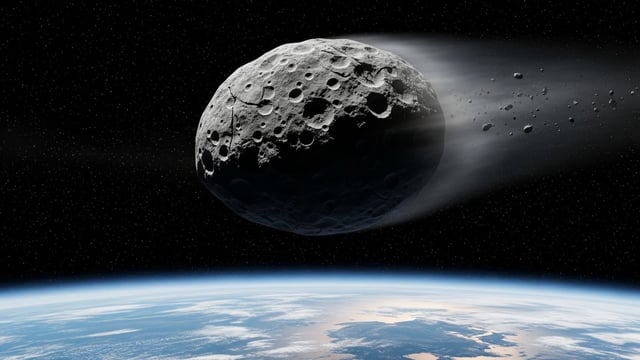Overview
- Russia’s SAO RAS reported the closest approach at 07:41 GMT on September 18 at roughly 800,000 kilometers before the object continued moving away.
- Scientists estimate the asteroid’s size between about 130 and 290 meters, meeting the criteria for a potentially hazardous object by size and proximity.
- Global teams, including NASA’s Goldstone radar, the Virtual Telescope Project, and the International Asteroid Warning Network, coordinated optical and radar observations and drills.
- Initial orbit solutions that hinted at a small impact probability for 2089 led to a brief listing on ESA’s risk table, which was rescinded after refined spring observations.
- Future returns are projected, with a much more distant pass in 2036 and closer approaches modeled for 2089 and 2173, prompting continued long-term monitoring.



